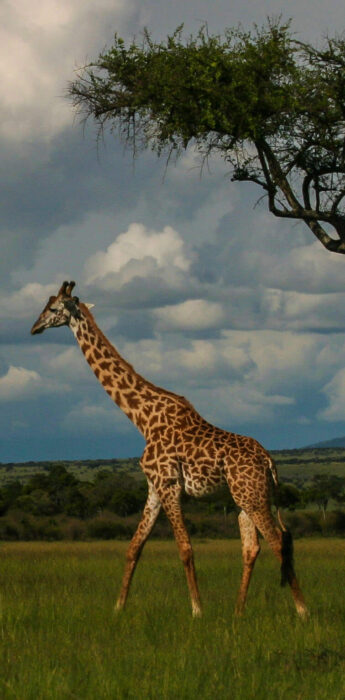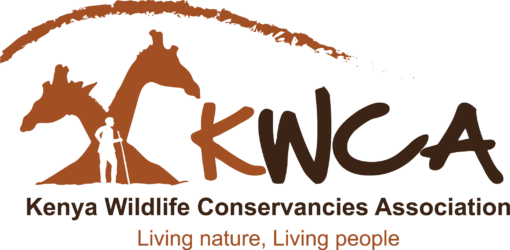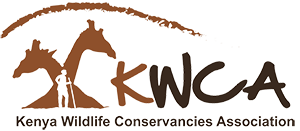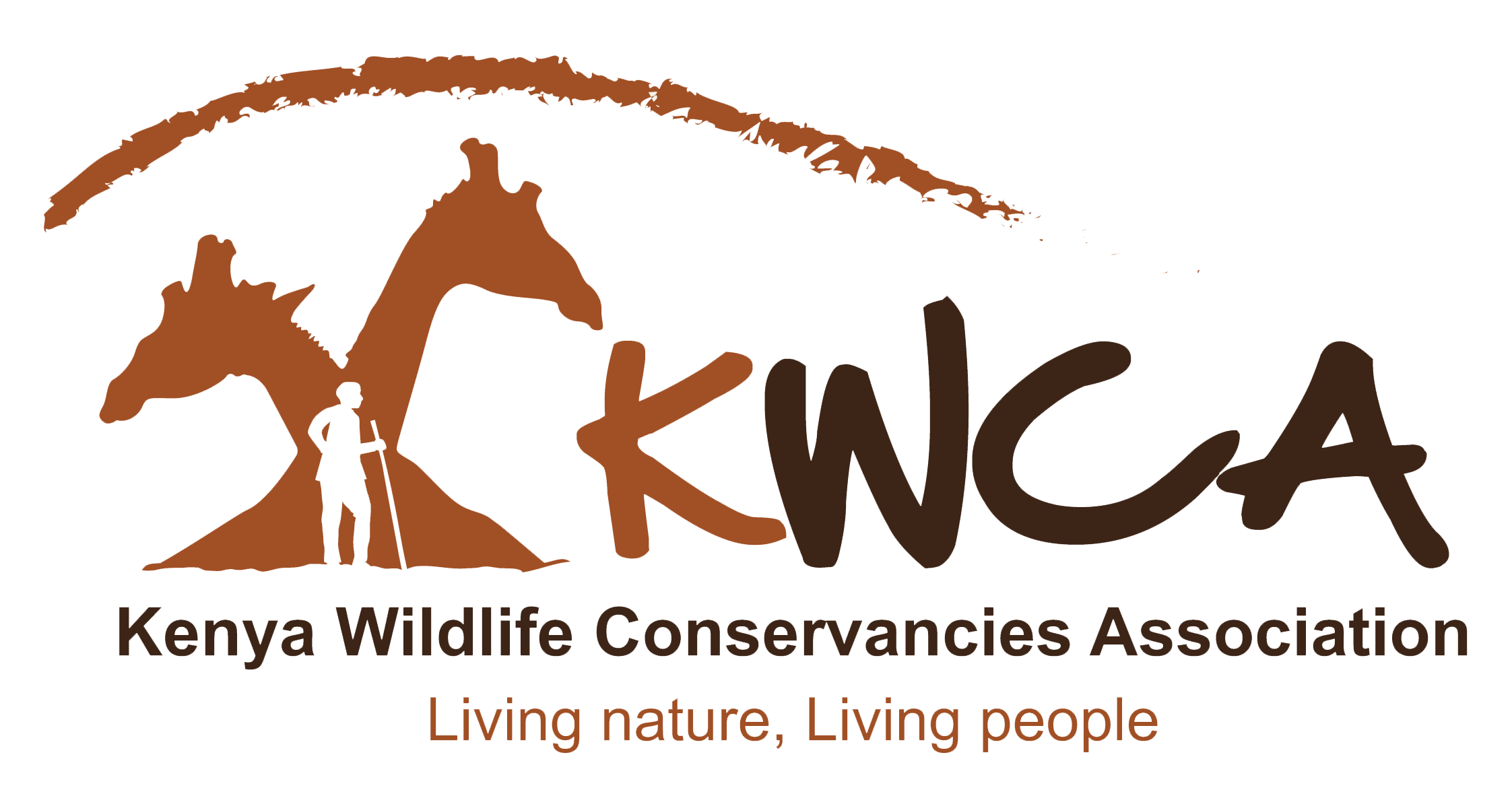Kenya Conservancies
Investment Forum
WHY INVEST IN CONSERVANCIES
Conservancies offer levers to boost and diversify economic activities
World Bank 2019
Wildlife conservancies have become critical engines for conservation and community development — safeguarding biodiversity, supporting local livelihoods, and enabling landowners to coexist with wildlife. Today, conservancies protect over 11% of Kenya’s land and generate vital income for local communities, with tourism contributing approximately 65% of their annual revenue, covering essential costs such as conservation programs, land lease payments, and salaries, this forum is designed to scale and sustain this impact.
Wildlife in Kenya, especially in the North of the country, represents a lucrative economic asset whose contribution has been underestimated and potential unrealized. Converting habitats and dissecting wildlife migration corridors diminish populations, tourism appeal, and the earning potential of natural assets in ways that are often irreparable and irreversible.
It is estimated that every dollar invested in conservation and wildlife tourism could generate benefits that range from $3 to $20, with returns that increase with the level of investment. Each dollar invested in a conservancy generates on average a GDP increase of $1.51 and a multiplier effect of $3.02-$4.41. The investment in tourism offers high payoffs with the promise of igniting economic activity in ways that also contribute to environmental sustainability in an arid area with geographic constraints.
THE KENYA CONSERVANCIES INVESTMENTS FORUM 2025
The 2025 Conservancies Investment Forum, convened by the Kenya Wildlife Conservancies Association (KWCA) with support from WWF-US through the GEF-funded Africa Nature-Based Tourism Platform (ANBTP), builds on the momentum of the 2022 forum to deepen dialogue, strengthen the enabling environment, and position conservancies as viable and compelling investment destinations.
This year’s forum is more than a national convening, it is a regional platform, bringing together ANBTP partners and stakeholders from Tanzania, Uganda, Mozambique, and Namibia to exchange lessons on financing nature-based enterprises, creating investor-ready landscapes, and building public-private-community partnerships.
The forum provides a platform for Kenya’s conservancies and landscape associations to accelerate their economic ambitions by profiling investment opportunities and showcasing to a network of investors keen on social and biodiversity outcomes from their investments. The Forum seeks to spotlight tourism opportunities; facilities, activities and other nature-based enterprises that are investment ready with a goal to spur economic well-being of the rural based indigenous and local communities. The forum is designed to unlock investments in Kenya’s Rangelands which constitute 80% of the country. The forum will position emerging destinations as prime investment hubs and connecting investment ready opportunities with Kenya’s and the global private sector.
Held under the theme “Unlocking Investments for Sustainable Conservation”, this convening challenges stakeholders to reimagine conservancies as not only conservation anchors, but as bankable enterprises, climate solutions, and cornerstones of Kenya’s green economy. It is both a convergence and a Call to Action: To Unlock Growth, Catalyze Sustainable Financing, and Make Conservation a Driver of Prosperity.

WHAT WE SEEK TO ACHIEVE
Building on our first conservancies investment forum 2022, the 2025 forum seeks to profile and showcase investment ready opportunities and establish linkages between these opportunities and the private sector with a goal to initiate partnerships arrangements that will be pursued in the coming period.
ATTENDEES
- Conservancy representatives from various landscapes
- Representatives of conservancy Associations at local and national level
- Conservancy Investors
- Conservation Non-Governmental Organizations supporting conservancies’ sustainability
- Government Ministries and Agencies in the tourism, wildlife and environment sectors
- Policy makers from county and national governments
- Financial institutions
- Development partners
- Media
- Consulting firms
- Africa Nature Based Tourism implementing partners
AGENDA
DAY 1
07:30
Registration and Exhibition stands open
08:30 – 09.00
Introductions and Welcome Remarks
09:00 – 10.00
Presentations (15 mins each plus 5 min Q&A)
10:00 – 10.20
Keynote Address
10:20 – 10.40
Health Break & Group Photo
10:40 – 12:15
Conservancies Pitching Session: Investment Opportunities in Conservancies
12:15 – 12:45
Plenary Session
13:00 – 14:00
Lunch
07:00 – 18:00
Exhibitions
The exhibition space will open from 7:30 and run until 6 pm with opportunities for participants to network with the exhibitors before forum opening, during break and the entire afternoon. Exhibitors are carefully selected from the network of Kenya’s conservancies to showcase scalable opportunities across different conservancy value chains. Conservancies are social enterprises that adopt multiple land use options to generate resources needed for conservation management and providing benefits to the local communities.
DAY 2
09:00 – 09.30
Spotlight: Conservancy Investment Readiness Plans
Emerging opportunities Including: eco-lodging, Cultural tourism
09:30 – 10.30
Panel Discussion: Africa’s Investment Landscape – What Conservancies Can Learn
10:30 – 11.00
Tea/Coffee Break
11:00 – 11.30
Peer Learning Case Study: Preparing Conservancies for Private Sector Investment
11:30 – 12.00
Plenary: Charting the Way Forward –Partnerships and Private Sector
12:00 – 12.30
Closing Ceremony & Networking Lunch
12:00 – 12.30
Lunch
Be part of the movement bringing sustainability to Kenya Conservancy Network





